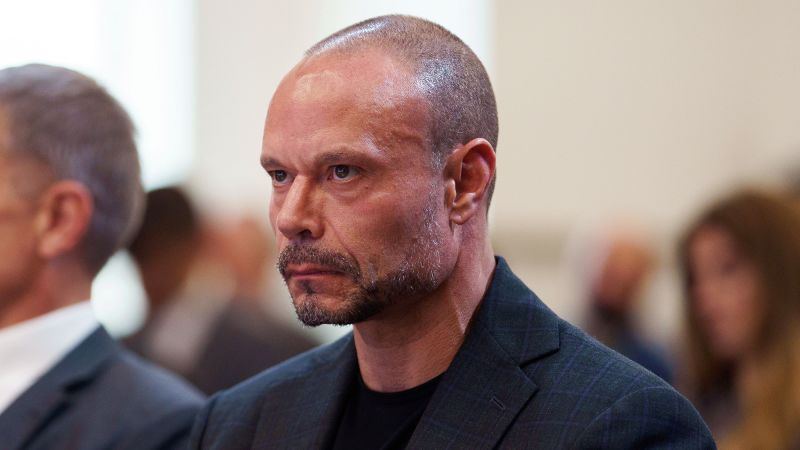Trump Taps Conservative Firebrand Dan Bongino for Top FBI Leadership Role

In a surprising move that continues his pattern of tapping media personalities for key government roles, President Donald Trump has selected Dan Bongino, a former Secret Service agent turned conservative podcaster, to serve as the next deputy director of the FBI. The announcement, made on Sunday, underscores Trump's preference for bringing outsider voices into critical leadership positions within complex federal agencies.
Bongino, known for his provocative political commentary and staunch support of the Trump administration, represents another unconventional appointment to a high-profile government position. His background as both a law enforcement professional and a vocal media personality appears to align with the administration's strategy of reshaping traditional government leadership.
The selection signals a continued effort to inject fresh perspectives into established government institutions, reflecting the Trump administration's approach to staffing key executive branch roles with individuals who bring non-traditional backgrounds and strong ideological alignments to their positions.

